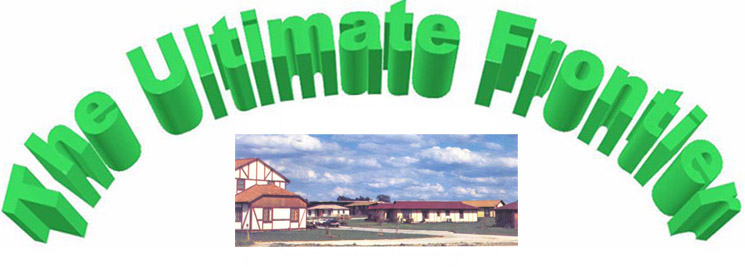|
|
||
|
|
THE STELLE SCHOOL Education is a lifetime pursuit within
the community of Stelle. The entire educational program sponsored by The
Stelle Group is being designed to foster education for all age groups. The Stelle Group’s Educational Program
can be divided into four primary areas. These are the Early-Learning Program,
the Elementary and Secondary Program, Adult Education, and the Orientation
Program. At this time, providing the children and young adults with a
superior education is viewed as the most important task of the educational
program. The Early-Learning Program provides
training and resources for parents to supplement their efforts to educate
their children prior to entering the Elementary Program. To accomplish this,
the Early-Learning Program operates a modern facility for children between
the ages of 2½ and 6 years old. The Montessori method is utilized and the
classroom is supervised by teachers and an aide specially trained in that
system. The facility is also equipped with approved Montessori materials
designed to nurture order, independence, coordination, and concentration in
the young child. However, the Early-Learning Program is not intended to be a surrogate
parent during class hours, but rather the entire facility, including
teachers, aides, and resources, is regarded as a tool for the parent to use
to provide the best education possible. The Elementary and Secondary Program
offers a broad and inter-disciplinary education for children between the ages
of 6 and 18 years old. Children of 6 years and older enter the elementary
level once they can read, write, and work with numbers on at least a
second-grade level. A young adult may enter the secondary level at age 13 or
14, depending upon his physical and emotional maturity, self-discipline, and
scholastic ability. Throughout the Elementary and Secondary
Program five major subjects are taught. These are mathematics, science,
language arts, social studies, and the arts. Each term one of these five
subjects is emphasized and all of the others are taught in relation to it. The focus of the Elementary and Secondary
Program is experiential learning, or learning-by-doing. The students are
encouraged to put what they learn in the classroom into practical use in the
community. For example, a student can apply what he is learning in chemistry
by getting involved in laboratory testing in the water-treatment plant. Preparing the next generation to surpass
our generation is not only everyone’s responsibility, but it is also the only
way civilization can continue to grow. The entire educational program is
dedicated to assist these splendid Egos in achieving their intended
greatness. |
|
|
|
|
|
